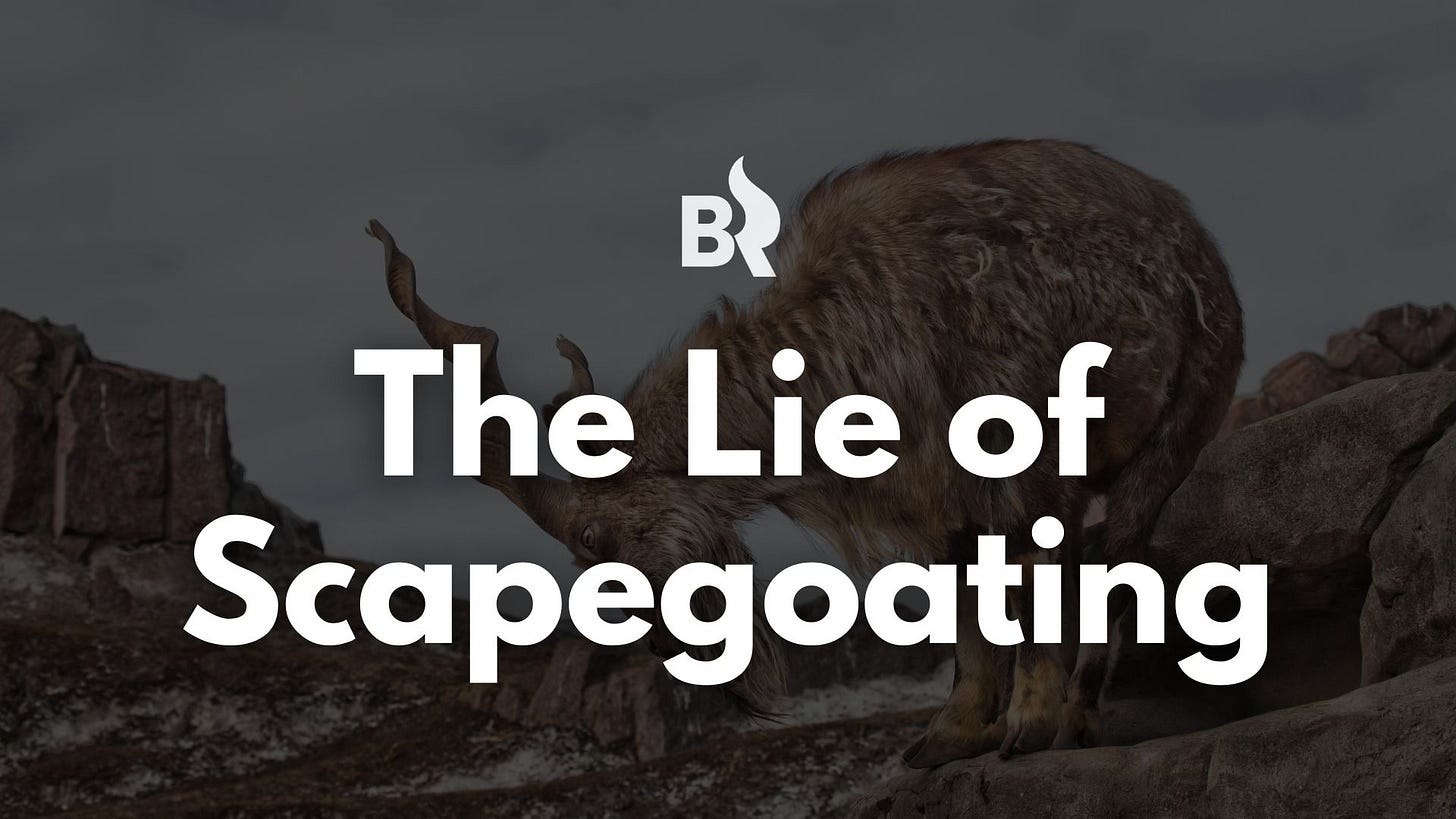“Do not repay anyone evil for evil… Do not be overcome by evil, but overcome evil with good.”
—Romans 12:17–21
We are in a moment of tremendous anger.
We are in a moment of tremendous fear.
And powerful forces are working very hard to stoke both—to make us afraid of one another, to make us hate one another, to lure us into enacting violence on one another.
It is easy—natural, even—to give in to this anger and fear. After all, there is much to be angry about, and there are real reasons to be afraid. People are being attacked, deported, targeted, and killed. Our lives are being made more difficult by policies and beliefs held by people who see the world differently than we do.
And in this moment, many of us are being pulled into a posture of hate.
Hate is an enduring feeling of hostility, aversion, or ill will toward someone or something.
Instead of recognizing the larger systems and structures that make our lives more difficult, it feels easier to demonize individuals, to pin our problems on them, and to wish them harm.
This is called scapegoating—believing that all our problems are the responsibility of a single person or group, and that the way to fix everything is to punish them.
Scapegoating has always been a favorite tactic of authoritarian leaders because it unites people quickly and powerfully. Fear, anger, and hatred of a common enemy can unify a people more effectively than almost anything else.
But scapegoating is always a lie. It never works.
The truth is: one person, or even one group, is never the whole problem.
Yes, there are people who support injustice. Yes, there are people who enable or enact evil. But our problems run deeper than individuals.
Our tradition teaches that the real problem is embedded in every one of us. We call it sin—the human propensity to mess things up. Sin is our willingness to disrupt peace for selfish gain, to benefit ourselves while harming or ignoring others.
That’s why scapegoating is so seductive: it lets us avoid facing our own complicity. It lets us see ourselves as righteous and others as sinful. It gives us permission to judge and punish without examining the same tendencies in our own hearts.
In our reading, Paul echoes Jesus: “Do not repay anyone evil for evil.”
The old standard of “an eye for an eye” is not the way of Christ. Just because someone does wrong does not mean the way forward is to do wrong in return. Paul insists that evil is overcome not by revenge but by blessing.
That feels outrageous. It feels unjust. We crave payback. Yet even modern psychology affirms this truth: while revenge may briefly ease anger, forgiveness and compassion break cycles of harm far more effectively (Chen, Gao, & Zhou, Acta Psychologica Sinica, 2017).
Evil begets evil. Understanding and grace, by contrast, open the door to transformation.
Think of it practically. If you snap at a coworker for messing up, they won’t magically respect you more or want to improve. More likely, they’ll feel shame, frustration, or resentment—and snap back.
But if you meet them with compassion and offer help, they are far more likely to learn, grow, and try harder.
It may feel like a small example, but it scales. If we meet ideological opponents with empathy rather than demonization, we create the conditions for change. Empathy and compassion soften hearts and open minds; anger and fear only paralyze and divide.
Dr. Martin Luther King Jr., in Strength to Love (1963), warned:
“Returning hate for hate multiplies hate, adding deeper darkness to a night already devoid of stars. Darkness cannot drive out darkness; only light can do that. Hate cannot drive out hate; only love can do that.”
We are indeed in a dark night. And too many of us have grown comfortable in the darkness—demonizing those with different views, building walls, and hardening our hearts.
If we continue down this path, the outcome is clear: more hate, more violence, more division, more injustice.
The Call Before Us
The way to overturn injustice, to protect the vulnerable, and to change our society’s course is not through scapegoating or vengeance. It is by speaking truth boldly, but always tempered with love.
It requires humility: recognizing our own brokenness, admitting where we may misperceive, and acknowledging that others arrive at their convictions through life experiences different from ours.
Transformation comes through empathic engagement—through conversation, connection, and the willingness to bless our enemies.
We are at another inflection point in our nation’s history. If we do not root out scapegoating from our hearts and lower the temperature of our dialogue, we risk destroying ourselves.
This morning, let us recommit to being people of grace. People who speak truth with love. People who refuse to see others as enemies. People who own our own brokenness so that we might become channels of healing in a society desperate for it.
“Do not repay anyone evil for evil… Do not be overcome by evil, but overcome evil with good.”
May we heed God’s words to us today. Amen.




💕
Thank you, Brendan, for your response in the name of Love and Truth. This really comforted me this morning.